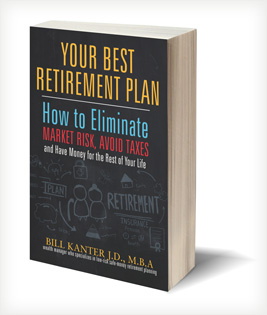Cost of Estate Planning
Cost of estate planning
The cost to plan your estate will depend on the complexity of your planning required to achieve your objectives and goals and on your circumstances. Pricing will vary from attorney to attorney. Generally, the price will include a lawyer’s charges for preparing your will and discussing your estate plan, power of attorney, trust agreement, and other necessary legal documentation. Some attorneys will charge flat fees for estate planning services. Other attorneys will charge on an hourly basis or will use a combination of both fees.
Beware of estate planning scams
There will be many individuals who will call themselves certified planners or trust specialists or other titles, which suggest that he or she received advanced training in planning of estates. In order to protect yourself from scams:
Ask for time to consult with an attorney or financial advisor who has knowledge in estate planning and will not try to sell you a product, which is not needed.
- Ask for time reflect and consider your choices. Do not allow anyone to press you into buying financial or estate planning products.
- Always ask for copies of each documents, which you have placed your signature on.
- Be sure to see if there are complaints, which are filed against the company by calling state and local consumer protection offices and the Better Business Bureau.
- Be sure to report high-pressure, misrepresentations, or fraud to the district attorney or police immediately.
- Stay wary of home solicitors, which insist on obtaining detailed and confidential information regrading your finances or assets.
Who should help with estate planning?
You can plan your estate on your own. To do this you will need books or forms from the State Bar, stationery store, or bookstore. Reviewing these forms will be beneficial in creating and preparing your estate. If you review these materials and you have unanswered questions, you should seek help from professionals.
One most asked questions regrading estate planning is, “should I seek the help of a professional.” The answer is, it depends. If you seek help, keep in mind that trusts and wills are legal documentations, which should be prepared by qualified attorneys.
Many business representatives and professionals, however, will become involved in your estate planning. For example, pension consultants, certified public accountants, financial planners, bank trust officers, and personal managers will often participate in your estate planning process.
Within their area of expertise, professionals will assist you when are planning your estate. State Bars will urge you to seek the advice from estate planning professional who are qualified to give planning. Professionals must be licensed by your state of resident. You have the right to ask professionals about their qualifications. You may also ask yourself if a adviser may have underlying financial incentives in order to sell you particular investments, such as life insurance polices or annuity.
Financial incentives such as these will be bias to that professional’s advice. Unfortunately, some sellers of fake financial products will gain the private and confidence of victims by posing as trust planning services or providers of estate planning.


